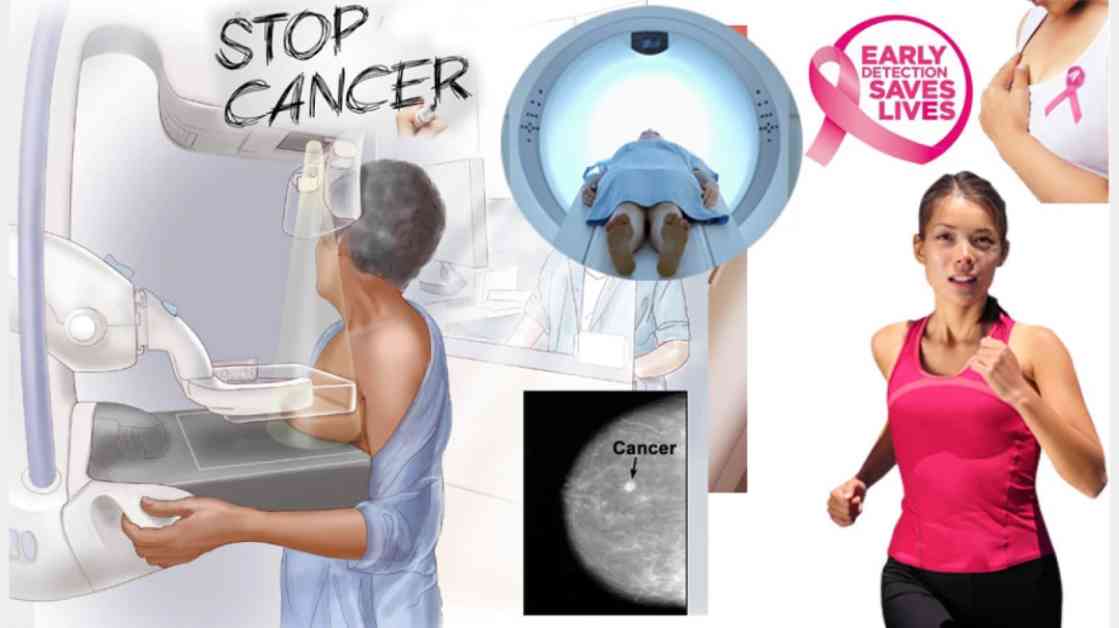Breastfeeding is not only a crucial aspect of motherhood but also plays a significant role in reducing the risk of breast cancer in women. Dr. Mrunal Parab, a surgical oncologist at TGH-Onco Life Cancer Center, explains that breast cancer often develops from breast cells in the lobules or ducts. Women who choose not to breastfeed face a higher risk of developing breast cancer compared to those who breastfeed their babies. This is an important factor to consider, especially as breast cancer cases among young women in their 30s are on the rise.
It is estimated that by 2030, one in 29 women in India will be diagnosed with breast cancer. Currently, the survival rate for women diagnosed with breast cancer in India is less than 60% after five years. However, women who breastfeed for a year or more can reduce their risk of breast cancer by approximately 20%. This highlights the protective benefits of breastfeeding not only for the baby but also for the mother’s long-term health.
In the case of young breast cancer patients, preserving fertility post-treatment is a significant concern. Dr. Parab emphasizes the importance of surgery, chemotherapy, and radiation therapy in treating breast cancer. For young patients, breast-conserving surgery may be preferred, as it involves removing the tumor in the early stages of breast cancer while preserving healthy breast tissue. This approach can effectively address the issue without necessitating the removal of the entire breast.
Breast cancer incidence is particularly high among women aged 30 to 50, making it crucial for young women to be aware of the risks and preventive measures. Breastfeeding not only provides numerous health benefits for both the mother and the baby but also serves as a protective factor against breast cancer. By promoting breastfeeding and raising awareness about the link between breastfeeding and breast cancer risk, we can empower women to make informed choices about their health and well-being.
It is essential for healthcare providers, policymakers, and communities to come together to support and encourage breastfeeding as a means of reducing the burden of breast cancer among women. By promoting breastfeeding as a natural and effective way to lower the risk of breast cancer, we can work towards a healthier future for women across the country. Let us celebrate World Breastfeeding Week as a reminder of the importance of breastfeeding in promoting women’s health and well-being.




















